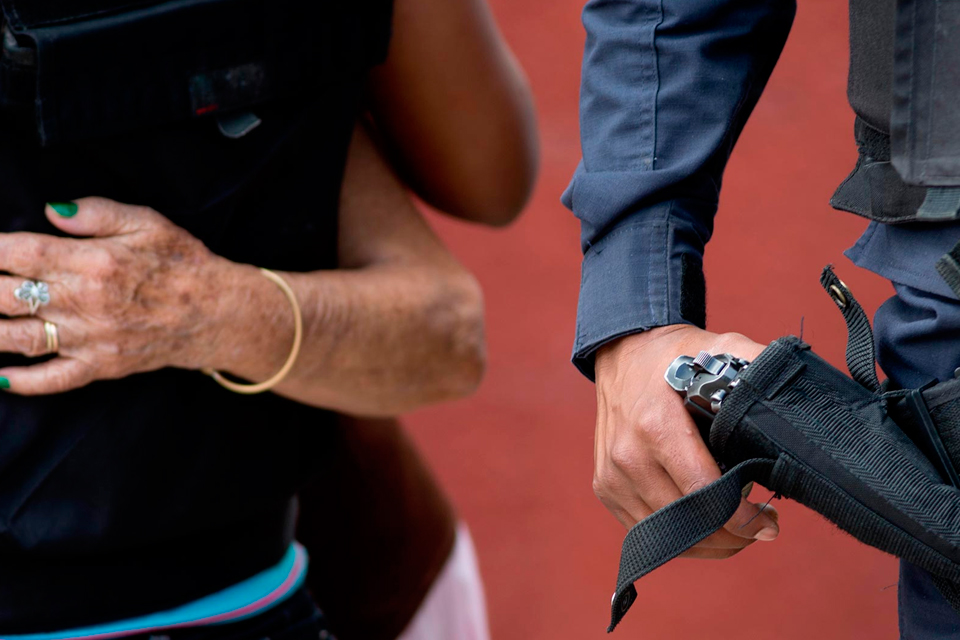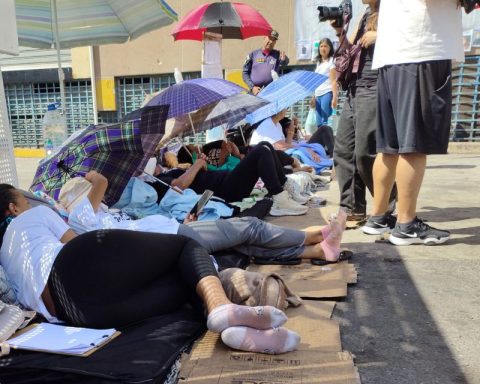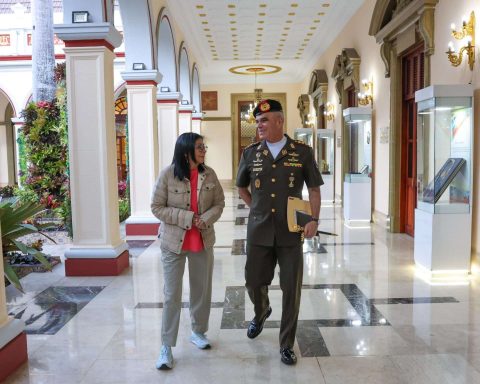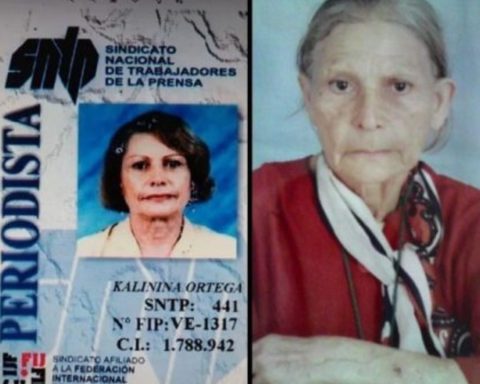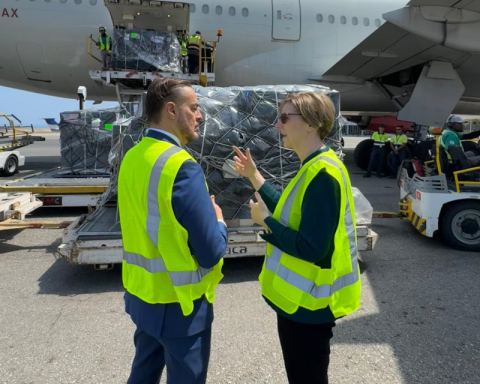Commissioner Julissa Mantilla Falcón, Rapporteur on women’s rights, affirmed that violence against women in contexts of organized crime has not yet been analyzed in depth and has not been adequately addressed by the States either.
The Inter-American Commission on Human Rights (IACHR) presented its thematic report “The Impact of Organized Crime on Women, Girls, and Adolescents in the Northern Countries of Central America,” which aims to analyze the various forms of violence and discrimination to which They are exposed in the contexts of violence and insecurity that these countries are going through.
The report takes as its starting point the absence of an in-depth analysis of the link between the actions of organized crime and gender violence against women. In its report on Violence and Discrimination against Women, Girls, and Adolescents (2019), the IACHR identified that, in addition to the high numbers of gender-based violence faced by women in Guatemala, Honduras, and El Salvador, is added the dehumanized violence exerted by the maras and gangs In addition, she highlighted the heightened risk they face as a result of anti-crime policies, and the shortcomings regarding the specific approach to violence against women in contexts of organized crime.
*Read also: IACHR grants precautionary measures to Nicaraguan Bishop Rolando Álvarez
Commissioner Julissa Mantilla Falcón, Rapporteur on women’s rights, affirmed that violence against women in contexts of organized crime has not yet been analyzed in depth nor has it been adequately addressed by the States, “studies on organized crime do not They have not applied a gender approach, nor have they recognized power and gender relations in these violent contexts”.
The report delves into the impacts of the actions of organized crime on women, girls and adolescents, as well as the state responses in this regard in Honduras, Guatemala and El Salvador and carries out an analysis of the situation of women’s rights in the contexts of insecurity and violence in those countries.
For her part, Commissioner Esmeralda Arosemena de Troitiño, Rapporteur on the rights of Children and Adolescents, said that they have received information about atrocious acts of violence against women, many of them girls and adolescents, related to the actions of organized crime.
The document ends with a series of recommendations addressed to the States of Honduras, Guatemala and El Salvador to move towards guaranteeing the right of women, girls and adolescents to live a life free of violence.
In this regard, the Commission reiterates its availability to collaborate technically and to continue dialogue with the states of northern Central America, and with other states in the region that face similar challenges, in compliance with its mandate to promote and guarantee the rights of all people.
Post Views: 143
